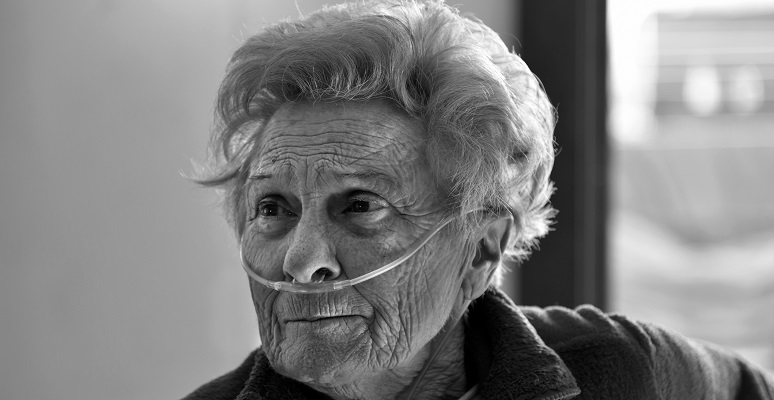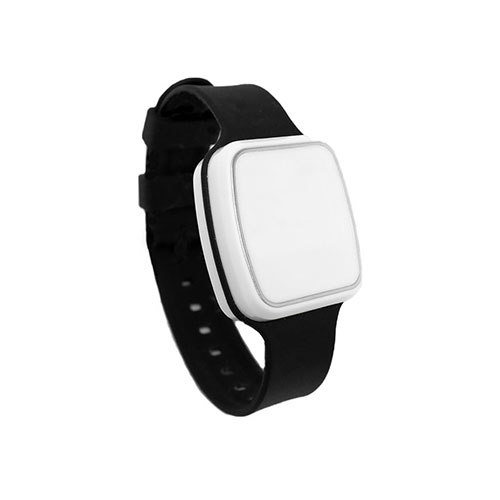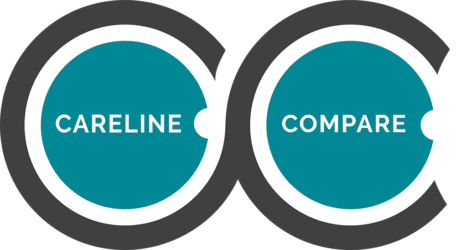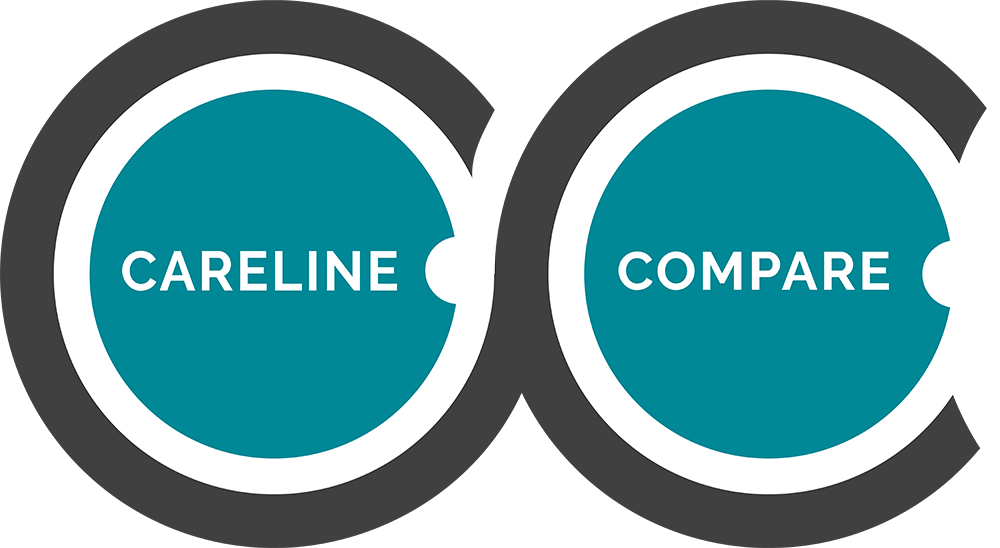
Medical Conditions That Can Benefit from Fall Detector Alarms
on theAs our loved ones get older, they become more likely to develop health complications. Some of these conditions can leave them vulnerable and in need of additional support. This month, I though it would be worth looking at medical conditions that could benefit from a fall detector alarm.
By purchasing a personal alarm, people with health complications can continue to live independent lives. A fall detector provides additional peace of mind, as they will activate automatically if they detect their wearer has fallen. The alarm provider’s response team will always assume an emergency if the alarm user is unable to answer.
Diabetes
As a medical condition, diabetes involves an inefficiency in the body’s ability to process glucose. It may be that the pancreas cannot produce enough insulin, or that the body struggles to use it. This can result in irregular blood sugar levels that lead to illness and fainting.
If you or a loved one have diabetes, the condition can strike suddenly and with little warning. A spike in blood sugar could result in dizziness or a fall. In some cases, you may lose consciousness.
Personal alarms offer extra reassurance. When you start to feel unwell, you can activate your alarm and your provider can arrange help for you. If you opt for a fall detector plan, you will not even need to press the button yourself. This is especially helpful if you fall unconscious before you can press your button.
Dementia
People with dementia suffer from a deterioration of brain function. This is a medical condition that impacts memory, movement, and language. In some cases, it can also alter personality and cause people to lose interest in their hobbies.
One way in which personal alarms can help someone with dementia is by providing aid should they have a fall. A fall detector package, especially, will allow the provider to send help even if your loved one doesn’t press the button. This can be a lifesaver, as a person with dementia might not remember they are wearing an alarm during an emergency.
Further aid can be provided by purchasing a GPS alarm. It is not uncommon for people with dementia to lose their way when out and about on their own. This can be due to confusion or because they believe they are on their way to work – despite being retired for years! A GPS alarm allows the provider to relay their exact location to emergency contacts.
Read More: Best Personal Alarms for Dementia Patients
Heart Disease
One of the leading causes of death in the UK is heart disease. It is also a medical condition that can have serious effects on your overall health. You may suffer from regular chest pain and breathlessness, and on bad days this could also trigger severe nausea or dizziness.
Perhaps the most well-known symptom of heart disease is a heart attack. These can strike suddenly and are often life-threatening. If there is no help available, the chances of survival become frighteningly low.
Fortunately, by opting for a personal alarm, users can call for help if symptoms strike. Like with other serious medical conditions, a fall detector could be a wise investment. If a heart attack occurs and you are unable to press the alarm, a fall detector will activate automatically. Even if you don’t reply, your provider will alert the emergency services.
Epilepsy
People with epilepsy are at high risk of falls because of seizures. These can be triggered by various factors, but most commonly by flashing lights or stress. Epileptic seizures can come on suddenly and may result in serious injury. These injuries will often be as a result of the initial fall.
When a person with epilepsy has a seizure, they will not be able to request help. In older people, especially, this medical condition comes with an increased risk of injury as their bodies may be frailer. Support after a seizure can often be more important than support during one, too. The sufferer may be confused or may have injured themselves without realising.
A fall detector alarm will allow help to be arranged as soon as you or your loved one has a fall. This means help can be available to support them during the seizure of afterwards. If seizures are likely to occur outside of the home, they may benefit from a GPS alarm instead.
Stroke
A stroke is a medical condition that strikes suddenly and can have devastating consequences. The sooner a person having a stroke receives help, the less damage is likely to be done to their body. Unfortunately, the chances of having a stroke increase with age.
Strokes are caused either by blood clots blocking the brain’s blood supply, or by the bursting of a blood vessel. Both can cause very sudden symptoms. The most noticeable of these are a drooping of one side of the face, weakness in one or both arms, and slurring of speech. They may also become dizzy and lose their balance.
During a stroke, it is possible that the person will fall. Fall detector alarms mean that help can be arranged fast. This could be in the form of emergency contacts or an ambulance. Immediate support increases the chances of the affected individual surviving their stroke largely unharmed.

Choosing a Fall Detector Alarm
Other medical conditions may also increase the likelihood of falls and benefit from a fall detector. Therefore, it is important that you can choose the right service. The sooner help is available, the safer you or your loved one will be.
In the past, I looked at the Top 5 Fall Detector Alarms. Using this as guidance, be sure to look at all the providers on this site and compare what they can offer. If you are unsure what to look out for, read my post about How to Choose a Personal Alarm.
You can find additional posts about comparing personal alarms in the News section.

